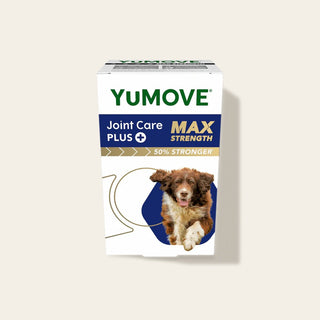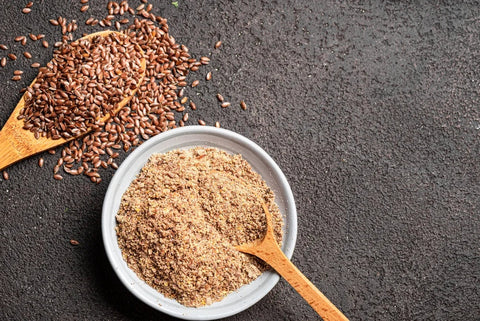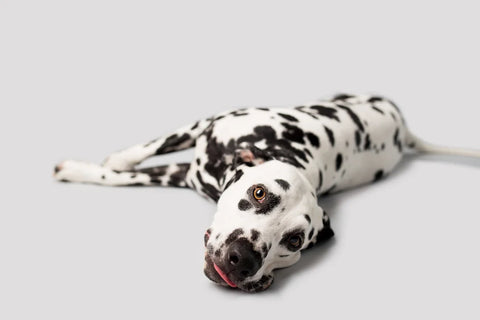

Dog digestive problems: What are the causes and what to do about them
Poor digestive health can have a huge variety of underlying causes. Sometimes these causes are simple, and the dog will get better by themselves if simply looked after. At other times the causes or effects of a digestive concern can be very serious, requiring quite intense veterinary care.
What are the causes of digestive upsets and issues in dogs?
To be honest, almost anything!
A common cause in younger (or maybe naughtier!) dogs is eating rotten food or other inedible items from the bin or rubbish left around. Like people, dogs can suffer from an upset stomach (although, unlike humans, some dogs will never learn and keep going back to the bin!).
Another way dogs can get an upset stomach is when their food is changed – sometimes, they need the new food to be gradually introduced over a period of a few days.
Dogs can also suffer from food allergies and intolerances, just like people.
As you can see, the number of things that can potentially cause digestive upsets is vast! In some cases, it can be very difficult to tell the difference between serious and not-so-serious causes, even for your vet. Because of this, it is always recommended that you talk with your local vet practice if you’re worried that your dog is experiencing digestive upsets. If they have seen your dog before, they will most likely be able to give you advice that is specific to your dog based on their records, or they may recommend digestive supplements for dogs.

Can I leave my dog, and see if it gets better by itself?
Although some cases of digestive upsets can be easily treated or your dog will get better on its own, many more will need veterinary attention. It is always recommended to seek veterinary advice, even in cases that seem very simple. For example, if you suspect that your dog has eaten some slightly rotten food from the bin, they might get better at home with just good care. But if they have eaten anything toxic (remember lots of human foods can be poisonous to our pets!), or swallowed something that could get stuck (like a bone or other hard object) this is much more serious and treatment earlier rather than later will have the best outcome.
Remember to give your dog a worming product regularly. Your vet can advise you on how often your dog should be wormed based on their risk.
If it turns out to be a case of waiting for your dog to get better with time, your vet can suggest some supplements, such as YuMOVE Digestive Care PLUS (containing prebiotics and probiotics), which can help to firm loose stools and encourage good gut health.
How digestive problems are identified and taken care of
Taking care of tummy upsets is dependent on the underlying cause, and investigation to find the underlying cause is not always a quick process. There are lots of tests that could be done, your vet might recommend doing them all at once or one by one if they think each test is needed.
The first thing your vet will try to do is narrow down the long list of possible causes by asking you specific questions around when the problems began and any observations you have noted since they started. They will also check your dog over thoroughly.
If loose stools or digestive problems started very recently, the dog seems otherwise well, and your vet is happy with their general check-up, only basic treatment is usually needed. Your vet might recommend the use of supplements, such as YuMOVE Digestive Care PLUS in combination with very small, easy-to-digest low-fat meals (such as boiled chicken with rice for a brief period).
In cases where the digestive concerns have been going on for longer, or keep coming back, and where diet-related causes and worms have been ruled out, further tests will often be needed to find out what the cause is. Your vet may take blood and/or urine samples to check for causes outside of the gut and to check more accurately how dehydrated the dog is. They may send off a stool sample to test for infections or parasites. They may also take an x-ray or ultrasound of the abdomen just to check that there are no obvious signs of blockages which can require surgery to fix.
Food intolerance and allergies are hard to rule out. There are blood tests available, but these can often be unreliable. A much better way (albeit with more work!) is a diet trial. If none of these tests find anything conclusive, the next stage can be to directly look at the gut and take samples of it (biopsies). This can be done surgically with an operation or using an endoscope.
If you'd like to learn more about the YuMOVE Digestive Care product range and how it can support your pet, browse our digestive supplements for dogs.



